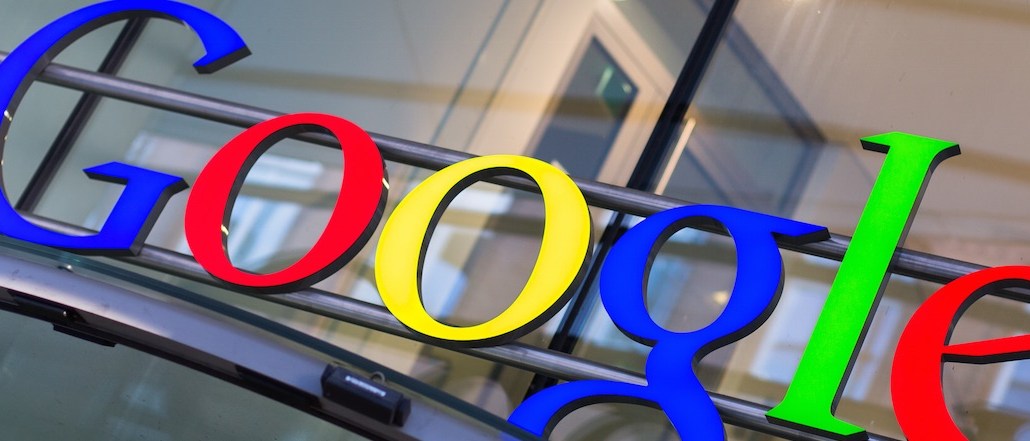Last chance to save on Digiday Publishing Summit passes is February 9

Programmatic integrations rarely die swiftly.
Last April, Google sparked a wave of “header bidding is dead” headlines after it was revealed by AdExchanger that the company was developing a server-side product. But since then, the marketplace for server-side products has become more competitive and more publishers have continued to adopt header bidding. Sources say they are closely monitoring Google’s next moves, but they are also skeptical of claims that the web giant’s upcoming product means the end of header bidding.
“I doubt [Google’s exchange bidding] will kill header bidding outright, especially now that most of the partners are working on server-to-server solutions,” said Marco Samuel, IBT Media programmatic manager.
Google’s server-side product, which it calls exchange bidding, is still in pilot and the company declined to share when the product might come to market or share specific statistics or test results. But a spokesperson said that since April, Google has quadrupled its number of publisher partners and doubled its number of exchange partners in the pilot. And since partnering with Smaato in November, the company has added two more mobile exchanges — Yieldmo and MobFox — to the program.
While sources agreed that Google’s exchange bidding could have a big impact on publishers, they emphasized that Google’s grip on the marketplace isn’t quite as tight now as it appeared in April. Since April, the market became more competitive as several companies — including Amazon, AppNexus, bRealTime, Yieldbot and Index Exchange — put together their own server-side integrations. With a competitive market, it’s unclear which solutions will obtain mass adoption.
“It’s a race to see who will first develop the scalable server connections and SSP-like tools that help publishers,” said a publishing exec requesting anonymity. “Google and Amazon have the server connections, but not the tools. The vendors have the tools but not the server connections. So the question is, can Google or Amazon develop a good publisher product before vendors can build server connections?”
Another publishing exec acknowledged that Google will have an advantage over other providers because its DoubleClick exchange is ubiquitous; therefore, publishers may see integration with Google’s product as being more seamless than integration with new vendors. But the exec was also skeptical of adopting Google’s server product because “Google will always build for itself and not for its clients,” he said.
But despite the winner-takes-all narrative that reporters can slip into when writing about platforms, if browser-based header bidding is to die, its death may come at the hands of collaboration rather than monopolistic or oligopolistic dominance.
“While [Google’s exchange bidding] might prompt a consolidation of the big header partners, I doubt it will mean the end of them,” Samuel said.
AppNexus’s server-based product integrates with Amazon, PubMatic and Index Exchange. Google has also made an effort to be collaborative.
“The increased transparency from the Google team has allowed Index to adapt how we work with [Google’s exchange bidding] and increase the yield we can provide to publishers,” said Drew Bradstock, svp of product at Index Exchange
Jonathan Bellack, director of product management at Google, said the server-side product creates a new dynamic for Google where exchanges, and not just publishers, are partners as well. In December, Google held an advisory panel with a half dozen exchanges to get their feedback and concerns about moving server-side.
“We are working really hard to convince them that exchange bidding is not a trap,” Bellack said.
As tantalizing as it is to speculate who will bring about the death of header bidding, it isn’t clear that header bidding is actually on its way out yet. The most technologically sophisticated publishers are moving server-to-server, but many others are only recently discovering header bidding. More than 40 percent of the top 200 publishers on comScore use header bidding, and an AppNexus spokesperson said that the number of publishers using its header bidding products continues to grow.
Referring to the pre-header bidding days when DoubleClick allowed Google — but no other exchange — to see and bid on every impression, Yieldbot CEO Jonathan Mendez said that it is in the best interest of publishers to try to prevent a single player from dominating the market.
“Publishers will want to increase auction pressure on Google,” said Mendez, whose company will compete with Google in the server-side marketplace, “by maintaining independent connections and relationships to as many bidders as possible rather than go back to a world where Google picks the winning bid.”
More in Media

Brands invest in creators for reach as celebs fill the Big Game spots
The Super Bowl is no longer just about day-of posts or prime-time commercials, but the expanding creator ecosystem surrounding it.

WTF is the IAB’s AI Accountability for Publishers Act (and what happens next)?
The IAB introduced a draft bill to make AI companies pay for scraping publishers’ content. Here’s how it’ll differ from copyright law, and what comes next.

Media Briefing: A solid Q4 gives publishers breathing room as they build revenue beyond search
Q4 gave publishers a win — but as ad dollars return, AI-driven discovery shifts mean growth in 2026 will hinge on relevance, not reach.








